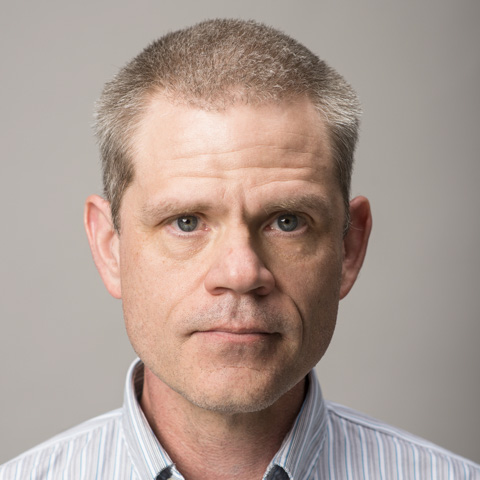
Dr. Mike Busch
Associate Professor
Marketing and Data Sciences
Anderson College of Business and Computing

Associate Professor
Marketing and Data Sciences
Anderson College of Business and Computing
Dr. Michael Busch is an Associate Professor in the Data Sciences Department in the Anderson College of Business and Computing at Regis University. With more than 20 years of experience in the high-tech industry, Dr. Busch brings a unique blend of academic rigor and practical industry knowledge to his teaching and research.
Before joining academia, Dr. Busch held diverse roles in the technology sector, including process engineering for VLSI circuit manufacturing, high-level support and development for a cross-platform C++ library company, and support for a medical software company. This extensive industry background provides him with deep insights into real-world applications of data science and technology solutions.
Dr. Busch earned his Doctorate of Computer Science from Colorado Technical University, where his research focused on using big data tools with GPU computing for de novo genome assembly. His work bridges the gap between computational biology and high-performance computing, demonstrating the power of modern data science techniques in advancing scientific discovery.
Specialized in applying big data tools and GPU computing for genome assembly and biological sequence analysis, bridging computer science and life sciences.
Extensive experience in software development, system architecture, and cross-platform solutions from decades of industry experience across multiple technology domains.
Expertise in leveraging big data technologies and analytical frameworks to solve complex computational problems, particularly in data-intensive scientific applications.
Unique ability to bridge industry practices with academic learning, bringing real-world technology experience into the classroom and research environment.